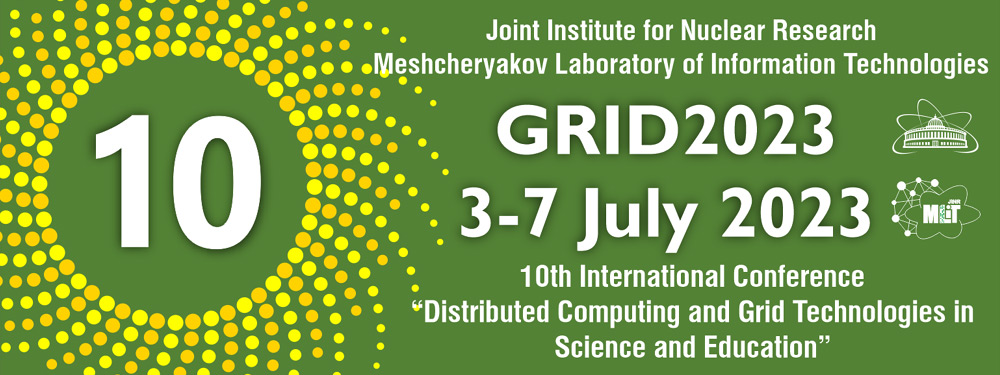Speaker
Description
The research is devoted to the development of requirements for new software that will automate the collection and analysis of data on the processing of a sample of biomaterial from existing systems. The paper compared the possibilities of data storage in information systems that are used in automated medical laboratories in Russia and abroad.
To improve the efficiency of the medical laboratory, it is necessary to conduct data analysis, which, in addition to the lack of important information, is complicated by a large array of test tube data (large laboratories receive 15,000 test tubes per day, for each of which there may be 10-15 records on the way) and storing data on the path of the test tube in different information systems (LIS, Middleware, tracking of samples, monitoring of temperature sensors). This leads to a lengthy collection and analysis of data on the situation in the laboratory.
The authors of the study compiled 3 schemes in BPMN notation, which reflect the path of the test tube at 3 stages – the biomaterial collection point, logistics and production. Based on the obtained schemes, a list of 23 problems for the laboratory was compiled, the reliability and expediency of which was confirmed by experts. To control these problems, a list of 20 timestamps (time points on the path of a medical sample) was compiled. Based on the compiled lists, 12 systems were described that allow solving 23 problems and collecting the necessary 20 timestamps. As part of this study, a timestamp collection system was selected, for which functional requirements were described for their further transfer to the More Data development department and subsequent implementation in the laboratory.

